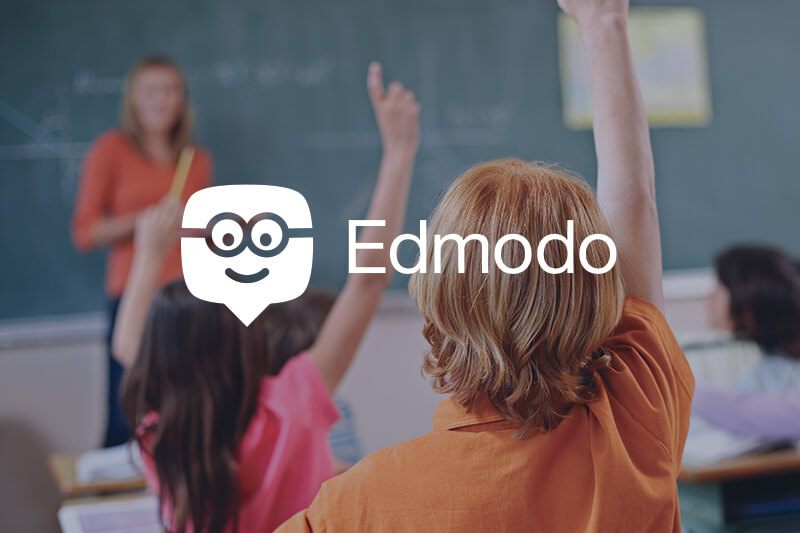The email appeared in Vibhu Mittal’s inbox in short, cryptic fashion.
“Would you like to meet Bill Gates?” Mittal checked the sender’s field — not Microsoft, not The Gates Foundation, not any address remotely associated. So he promptly moved it to junk.
It sat there, begging to be opened. And Mittal, Ph.D. CS ’93, is not the kind of man that lets unpredictability get in his way.
“Yes,” he replied. And waited.
“Come at 11:30 a.m. Here’s the address.” Mittal followed it to a hole-and-corner office in Silicon Valley. He walked in and there he was, standing behind a table — Bill Gates — flesh and blood.
“Begin,” Gates smacked the table.
Mittal’s temperature went from hot to cold in an instant. He lowered himself in a chair, his mind working on something.
“What should I begin with?”
“Look, I already know everything about your company, Edmodo. Talk to me about the future.”
Mittal smiled: “Ah, the future. Familiar territory.”

With 60 million users worldwide and growing, Mittal’s company, Edmodo, hosts the largest K-12 social learning network in the world. On Oct. 29, Mittal was at the center of attention in the U.S. Department of Education’s Open Education Symposium at the White House, alongside Microsoft and Amazon.
And that was one of the many reasons Gates wanted to see him.
“Think of it as Facebook for your school,” Mittal said.
Unlike Facebook, however, Edmodo is organized around connections, not friends. Students can only post to classes so everyone sees the post. In addition to connections, Edmodo supports groups, which can be classes or ad hoc learning communities and broader subject-area groups organized by various publishers.
One of its features, for instance, allows students to create profiles for historical figures or characters from stories, and create posts as if they were that person.
With its large user base, Mittal says Edmodo can identify broad insights and trends about how teachers and students use the millions of different online resources, such as YouTube videos, and whether they’re working.
After earning his computer science Ph.D. from USC Viterbi, Mittal went on to hold key positions at USC’s Information Sciences Institute (ISI), Xerox, Carnegie Mellon University and Google, where he worked on refining the search giant’s machine learning and natural language processing engine.
He joined Google when it had about 70 employees. He recalls the “engineering walks” on Tuesday afternoons, when half of the conversations preoccupying the budding engineers were some version of “What would happen to our careers if Google actually became a profitable company?”
“Google gave me a sense of mission. Everyone at Google really believed they could change the world,” Mittal said.
One of Mittal’s desires at the time was to implement his USC ISI research in machine learning to a lifelong passion — education.
“One of these days, I want to go off and build things for little kids,” thought Mittal. “Kids are naturally inquisitive.”
That sense of optimism gave Mittal the confidence to start his own company, Root One, to build the best adaptive learning apps on the market.
After hiring several Googlers and paying them out of his own pocket, Mittal had his big break in 2013 when the Ministry of Education in Singapore adopted Root One into their classrooms. Soon after, Edmodo, a successful startup, acquired Mittal’s six-employee company and hired him as CEO.
“You have the footprint to make a big impact,” Bill Gates told him during their time together.
The meeting represented a significant milestone for Mittal, almost as if Gates was opening a window for him and allowing him a glimpse of the future that awaits him.
“I came away thinking, This is what separates the achievers from the nonachievers,” Mittal said. “A sense of urgency.”





